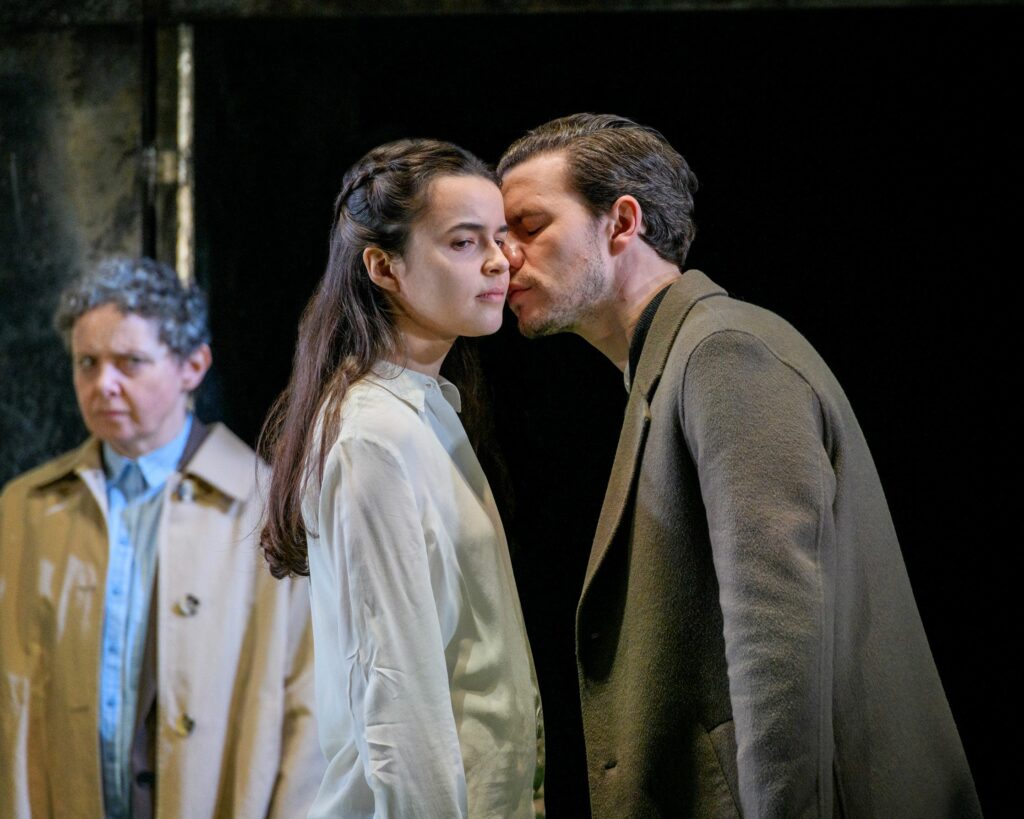Henry V for the modern Brit
Henry V: English heroes in post-Brexit Britain
I dread using the B-word, but I think it’s pretty unavoidable in a post about a play which is so concerned with national identity. Brexit has changed the identity of Britain, the UK, and the British Isles in unprecedented and irreversible ways. Post-Brexit Britain is highly anxious about its own status as a nation, especially since Great Britain as a geographical space consists of multiple nations themselves. Having recently watched a production of Henry V by Shakespeare’s Globe, the prominence of nationalist discourse is at the fore.
Nations are relatively new concepts in human understanding. They are not necessarily the organic and inalienable structures that we might perceive them to be. A person might identify as “British,” but “Britishness” is itself a fraught, complex, and hybrid idea. Britain is obviously made up of England, Scotland, and Wales, which in themselves are separate nations, but it’s perfectly acceptable for a person to select “British” as a nationality on official documents. (This production closes with an insight into Princess Catherine's citizenship test, in a hilariously dark satire on modern UK immigration.) If nations are not natural, organic identities which come from something innate, and are instead prescribed or perhaps even performed, national identity is formed by a process of narrating a national story. This story is otherwise known as history. As a side note, thinking about the historical and the literary alongside one another is a fascinating exercise, but one which would need its own separate time to muse upon.
In which case, Henry V is more than just a history play about a particular king named Henry, who happened to be the fifth Henry of England’s many Henrys. Henry V becomes a play which has a role in writing the story of a nation, writing its history, perhaps. Whilst Shakespeare’s play does draw upon actual historical resources (like the Holinshed Chronicles) as the basis for the narrative, it’s important to remember that the play is a fiction. Henry as he is presented by Shakespeare is not the precise Henry who fought at Agincourt, or married Catherine of Valois. (The tennis ball scene in Shakespeare’s play is not recorded in historical documents, and is a creation of Shakespeare’s, for example.)
King Henry, as he is played by Oliver Johnstone in this production by Shakespeare’s Globe, is not an entirely sympathetic character. Certainly, he says all the right words - as it were - rousing his soldiers to an offensive against the French at Agincourt, responding to Prince Louis’ tennis balls with an emphatic promise of retribution, and wooing (if it can be described as such) Princess Catherine. He does not, however, instil great confidence or loyalty in his subjects. Henry’s uncle Exeter and his brothers display loyalty to him because he is in a particular position of power to which they must defer; his subjects (with whom his contact is limited) are characterised by scorn and acid. They have little loyalty for the man who holds the crown, rather they are loyal to the institution to which Henry belongs.
Adaptations are made because someone, somewhere, thinks that the world they live in, with all its various contexts, speaks to something in the text. For Lawrence Olivier, that context was the Second World War, and its purpose was a jingoistic celebration of the British spirit. For this production of Henry V, the context is a Britain reeling from the consequences of Brexit. How strange - and brilliant - that the same play can have such different depictions and be relevant and applicable to such different worlds.


Comments
Post a Comment